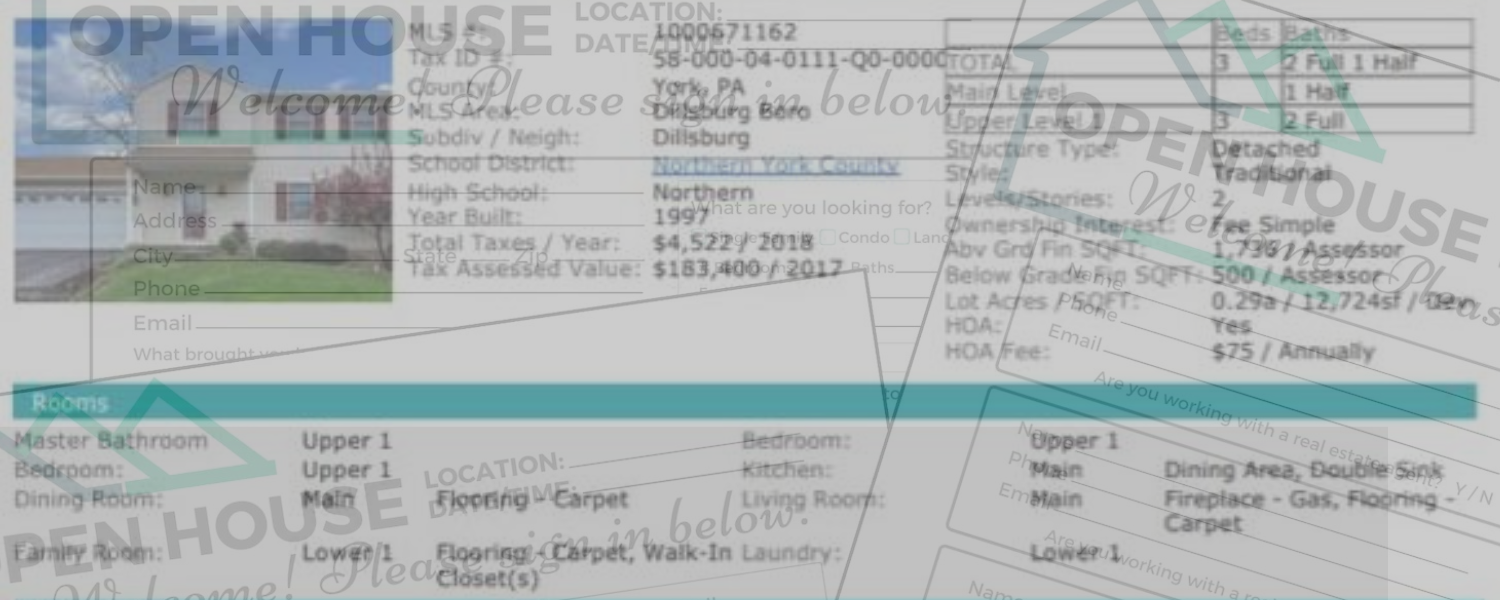In the competitive world of real estate, establishing yourself as an expert can set you apart from the crowd and build trust with potential clients. One of the most effective ways to achieve this is through content marketing. Content marketing not only positions you as a knowledgeable professional but also helps to engage and inform your audience. In this blog post, we will explore various strategies for using content marketing to establish yourself as a real estate expert, enhancing your brand and attracting clients.
Understand Your Audience
The first step in effective content marketing is understanding your target audience. In real estate, this can vary widely depending on factors like location, property types, and demographics. Are you targeting first-time homebuyers, seasoned investors, or luxury home sellers? Each group has unique needs and concerns, and your content should address these specific audiences. Start by conducting market research to gather insights about your audience. Use surveys, social media analytics, and direct conversations with clients to understand their pain points, questions, and interests. This foundational knowledge will inform the topics you choose to write about and ensure your content resonates with potential clients.
Create Valuable Content
Once you understand your audience, the next step is to create valuable content that addresses their needs. Here are several types of content that can help you establish your expertise:
- Blog Posts – Write informative blog posts that cover relevant topics in real estate. This could include market trends, home buying and selling tips, local neighborhood guides, financing options, and more. Ensure your posts are well-researched, engaging, and offer actionable insights. Regularly updating your blog not only helps with SEO but keeps your audience engaged.
- How-To Guides – Create comprehensive guides that walk clients through specific processes, such as buying their first home or preparing a property for sale. These guides can be downloadable PDFs that clients can refer to at their convenience, establishing you as a go-to resource.
- Video Content – Utilize video to engage with your audience. Create informative videos that cover market updates, property tours, or client testimonials. Video content can enhance your online presence and allows for more dynamic storytelling, making complex topics easier to digest.
- Infographics – Visual content, such as infographics, can help simplify complex data and present information in an easily shareable format. Infographics can cover topics like market statistics, the home buying process, or tips for staging a home for sale.
- Podcasts – If you enjoy speaking and want to reach an audio-based audience, consider starting a podcast. Share insights, interview industry experts, and discuss trends in real estate. This format allows you to connect with listeners on a personal level.
Optimize for Search Engines
To ensure your content reaches the widest possible audience, it’s essential to optimize it for search engines. Search Engine Optimization (SEO) helps improve the visibility of your content in search results, making it easier for potential clients to find you. Here are some key SEO strategies to implement:
- Keyword Research – Identify relevant keywords that potential clients are likely to search for. Use tools like Google Keyword Planner, Ahrefs, or SEMrush to find high-traffic keywords related to real estate in your area.
- On-Page SEO – Incorporate your chosen keywords naturally into your content, including in titles, headings, and meta descriptions. Avoid keyword stuffing, as this can negatively affect your rankings.
- Internal and External Linking – Link to other relevant content on your site to improve user experience and SEO. Additionally, reference reputable external sources to provide value and credibility to your readers.
- Mobile Optimization – Ensure your content is mobile-friendly, as a significant portion of users access information through their smartphones. A responsive design enhances user experience and can improve your rankings in search results.
Leverage Social Media
Social media platforms are powerful tools for content distribution and audience engagement. They allow you to share your content, interact with potential clients, and build a community around your brand. Here are some tips for leveraging social media effectively:
- Share Your Content – Promote your blog posts, videos, and other content on your social media channels. Create eye-catching graphics and engaging captions that encourage followers to click through to your content.
- Engage with Your Audience – Respond to comments and messages promptly. Engaging with your audience fosters relationships and encourages more interactions. Ask questions, run polls, and solicit feedback to keep the conversation going.
- Join Relevant Groups – Participate in local real estate groups or forums on platforms like Facebook and LinkedIn. Share your expertise by answering questions and providing valuable insights to group members.
- Utilize Stories and Live Video – Use Instagram Stories or Facebook Live to share real-time updates, market insights, or behind-the-scenes looks at your work. These formats create a more personal connection with your audience.
Build an Email List
An email list is a valuable asset for any real estate professional. It allows you to communicate directly with your audience, share valuable content, and promote your services. Here’s how to build and utilize your email list effectively:
- Offer Incentives – Encourage visitors to subscribe to your email list by offering valuable resources, such as free guides, checklists, or market reports. This adds value and increases the likelihood of sign-ups.
- Segment Your List – Organize your subscribers into segments based on their interests or stage in the buying/selling process. This allows you to send targeted content that speaks directly to their needs.
- Regular Newsletters – Send out regular newsletters that include a mix of curated content, your latest blog posts, market updates, and upcoming events. Consistency helps keep your brand top of mind.
- Personalized Communication – Personalize your emails by addressing recipients by name and tailoring content to their preferences. Personalized communication fosters a sense of connection and increases engagement.
Network with Other Professionals
Networking with other real estate professionals can further enhance your credibility and visibility. Collaborating with mortgage brokers, home inspectors, and contractors can provide additional value to your clients. Here are some networking strategies:
- Guest Blogging – Write guest posts for other real estate blogs or invite industry professionals to contribute to your site. This expands your reach and establishes credibility through association with other experts.
- Attend Industry Events – Participate in local real estate events, conferences, and networking meetups. Building relationships with other professionals can lead to referral opportunities and joint ventures.
- Host Webinars or Workshops – Organize online or in-person events that bring together industry experts to discuss relevant topics. This not only positions you as a thought leader but also fosters community engagement.
Monitor Your Results
Finally, it’s essential to monitor the effectiveness of your content marketing efforts. Analyzing performance data will help you understand what’s working and what needs improvement. Use the following metrics to evaluate your success:
- Website Traffic – Use Google Analytics to track website traffic and identify which content attracts the most visitors. Understanding your audience’s behavior can inform your future content strategies.
- Engagement Metrics – Measure engagement metrics on social media, such as likes, shares, comments, and click-through rates. These metrics indicate how well your content resonates with your audience.
- Conversion Rates – Track how many leads or inquiries result from your content marketing efforts. This can help you assess the effectiveness of your calls-to-action and lead generation strategies.
Conclusion
Using content marketing to establish yourself as a real estate expert is a powerful strategy that can enhance your brand, attract clients, and build trust in your community. By understanding your audience, creating valuable content, optimizing for search engines, leveraging social media, building an email list, networking with other professionals, and monitoring your results, you can position yourself as a knowledgeable resource in the real estate market. Embrace the power of content marketing to differentiate yourself and thrive in the competitive real estate landscape. By consistently providing value and fostering relationships, you’ll be well on your way to becoming a trusted expert in your field.





